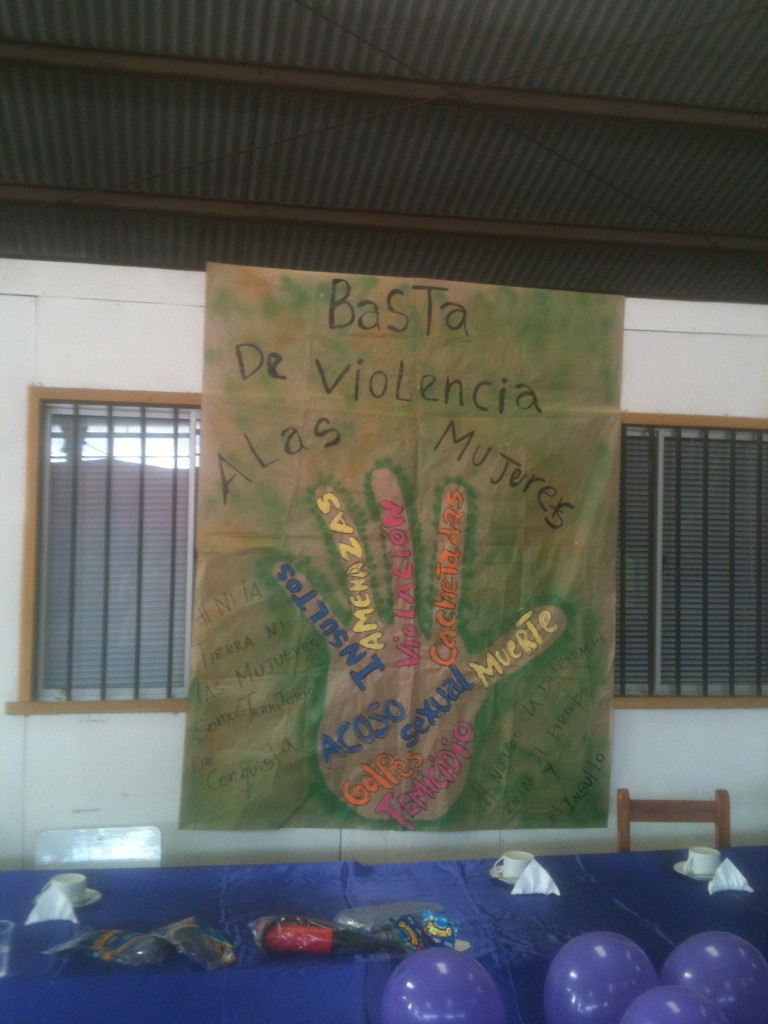
The active verb “to celebrate” is not the same as “to commemorate”. Commemoration implies the exertion or practice of our memory; it calls to the remembering of something that is significant to a single person or a group of people. I believe it is important to linger on this distinction considering that on March 8th I repeatedly heard these two phrases: “Congratulations on your day” and “Congratulations for being a woman”. Naturally I was not the recipient of these praises, since I am a heavily bearded and somewhat sturdy man; nevertheless I repeatedly heard these words both on the radio and in the cafe I usually go to work in. Even though they respond to the “International Women’s Day” –universally declared by the United Nations- such commemoration does not originally refer to all the women in the world. I believe March 8th immortalizes a bold, daring, and brave group of women who fought for a set of ideals and rights that were not yet enshrined in our modern societies. The 1911 fire in Triangle Shirtwaist Factory in the state of New York moved the hearts of people all over the globe, for this tragedy exposed the precariousness and fragility in which women exposed themselves daily in private and public spaces.
One hundred and five years have not passed fruitlessly. In Chile, women have conquered an array of political and social rights that have -in part- corrected their historically disadvantaged position in society. The multiple abuses and the asymmetrical circumstances existent between men and women have decreased over time, for these social anomalies have been present in our culture and social structures for far too long. Yet we can all agree that we have a long road ahead towards gender equality.
This year I had the privilege of commemorating “Women’s Day” with a wonderful group of peasant women in Paillaco: a rural village in the south of Chile. Paillaco uncovers the light and the dark present in the life of many Chilean women. This township, located in the region with the highest rates of violence against women in the country, drags a sad history of mistreatments and abuses. Therefore, it is not a coincidence that Paillaco became the first municipality in Chile to inaugurate a Center for Women (Centro de la Mujer), dedicated to support and aid abused women. During 2014, in less than two moths, two homicides alerted the community to act upon a situation that seemed untenable. This reveals the reality and the dark surroundings of rural Chilean women. It is a social pathology that befalls to one out of three women in the country according to the statistics of the National Service for Women or “Servicio Nacional de la Mujer” (SERNAM), victims of physical, sexual, and/or psychological violence. Due to incessant arrangements made by the city’s mayor, Paillaco has the first “Centro de la Mujer” in the country out of 23 “Centros” originated by the current administration led by President Michelle Bachelet to abused women.
Yet, the dark lives with the light; these atrocities coexist with a promising and enlightened local initiative. Paillaco now has the first public educational program aiming towards gender equality from preschool to high school: developing and implementing workshops involving students, parents, teachers, all following a solid curriculum that assess students undergoing gender issues. The proud city of Paillaco is commencing a profound path of social transformations through education.
If I had to tell a story that would reflect faithfully chiaroscuro phenomena in the present life of fighting Chilean women, I would speak of doña Rosa Barrientos Torres, a 90-year-old peasant. All of us, attendees to her commemoration, applauded in her honor due to her fortitude, tenacity and resilience against adversity. During the macabre coup of September 11th 1973, Rosa’s husband was killed together with 16 other peasants in the vicinities of Paillaco. The democratically elected president was being overthrown, and Rosa, alone faced distress and abandonment with nine children to be taken care of. Relentless in her struggle to feed, dress, and educate her children, Rosa managed to work day and night tackling deprivations, fear, and anguish for losing her life companion. The luminosity of her story comes with her message, which she shared with us that day: The struggle for a better living shall continue without hesitations. Forgiveness and reconciliation shall be our guide towards reaching true peace. Her wish was that her story served as an example of what shall never happen again, because life is a miracle that is well above all political, religious, economical or social considerations. At that moment, the room was static and speechless. I witnessed faces filled with emotion, watery eyes in all of us present. It was then when I understood the beauty, the powerful moral and righteousness of the courageous women that deserve to be commemorated all over the world. From her humbleness, doña Rosa shared with us a fraction of her wisdom and hope for humanity, and I was left with nothing but hope and gratitude.
(Photo Credit: Benjamín Elizalde)